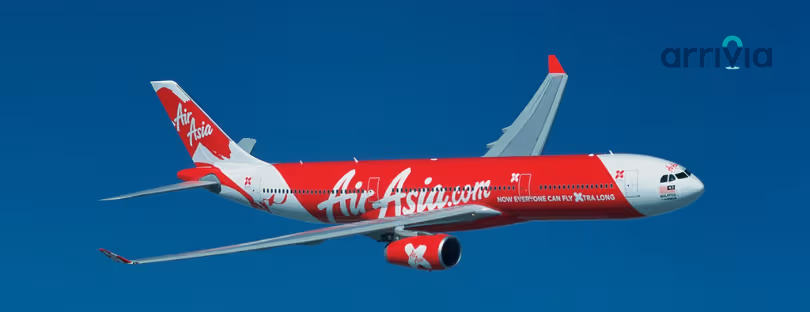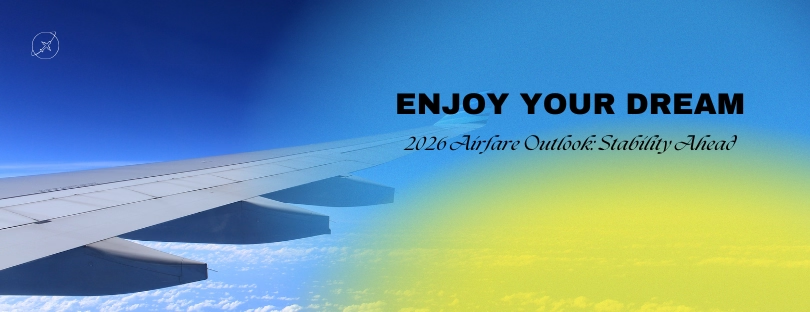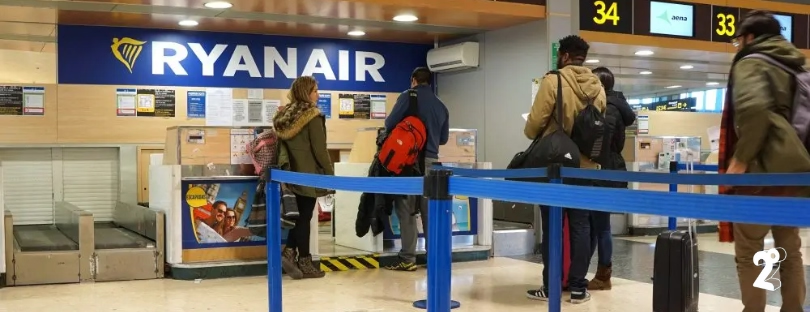
Airlines collected $2.8 billion in bag fees
The current air travel market is growing, and the passenger number travelling by air has also increased. This is mainly due to the growing global economy and the need for faster means of transport.
Airports and airlines invest heavily in baggage handling technology as it increases the efficiency of airport management. The market growth is restrained by the high investment required for baggage handling systems & problems associated with system failure.
Airlines collected $1.5 billion in bag fees, or 2.9% of total operating revenue, through the end of the second quarter. Let’s take a look at some of these numbers.
| Airline | Q1 fees collected | Q2 fees collected | Total fees from Q1 + Q2 2019 |
| American | 317,297 | 350,554 | 667,851 |
| United | 238,470 | 274,949 | 513,419 |
| Delta | 201,412 | 288,351 | 489,763 |
| Spirit | 176,063 | 194,915 | 370,978 |
| Frontier | 91,389 | 101,567 | 192,956 |
| JetBlue | 84,591 | 89,860 | 174,451 |
| Alaska | 69,691 | 85,531 | 155,222 |
| Allegiant | 63,660 | 73,926 | 137,586 |
| Hawaiian | 20,185 | 22,515 | 42,700 |
| Southwest | 12,025 | 13,749 | 25,774 |
| Sun Country | 16,687 | 17,741 | 34,428 |
| Total | 1,291,470 | 1,513,658 | 2,805,128 |
Revenue in thousands of US dollars. Data collected and released by the Bureau of Transportation Statistics.
Every airline had an increase in bag fees between the first and second quarters. But one carrier, American Airlines remains at the top of the list — again, with over $667 million in baggage fees through the end of the second quarter. The airline also topped the list in 2017 and 2018. United comes in at #2 with over $513 million in baggage fees.
The biggest increase in bag fees between Q1 and Q2 goes to Delta Air Lines. The airline collected nearly $87 million dollars more in baggage fees in Q2 than Q1.
Ultra-low-cost carriers Spirit and Frontier maintained #4 and 5, the same as last year. Budget carriers are known for charging astronomical bag fees, but these two carriers combined charged just $564 million in the first two quarters. That’s still lower than American, and just higher than United.
Want to avoid being part of this bag fees massive statistic?
Get a co-branded credit card
The easiest way to avoid checked baggage fees on most airlines is by having a credit card for the airline that you check bags on the most. Many carriers offer at least one free checked bag on at least one of their co-branded cards. Here’s the airline-by-airline breakdown of which cards will get you a free checked bag (or two):
- American: Citi® / AAdvantage® Platinum Select® World Elite™ Mastercard®, CitiBusiness® / AAdvantage® Platinum Select® World Mastercard®, Citi® / AAdvantage® Executive World Elite™ Mastercard®, Barclays AAdvantage Aviator Red World Elite Mastercard
- Delta: Gold Delta SkyMiles® Credit Card from American Express, Gold Delta SkyMiles® Business Credit Card from American Express, Platinum Delta SkyMiles® Credit Card from American Express, Platinum Delta SkyMiles® Business Credit Card from American Express, Delta Reserve® Credit Card from American Express, Delta Reserve for Business Credit Card
- United: United Explorer Card; United Explorer Business Card, United Club Card (first 2 bags), United Club Business Card (first 2 bags)
- JetBlue: JetBlue Plus Card and The JetBlue Business Card
- Alaska: Alaska Airlines Visa Signature credit card and Alaska Airlines Visa Business credit card
- Hawaiian: Hawaiian Airlines World Elite Mastercard and Hawaiian Airlines Business Mastercard
The baggage allowances vary across these cards, but each provides at least one free checked bag for the cardholder (sometimes only for domestic flights).
Travel luggage free!
Airline baggage fees can add up quickly, especially for frequent travelers. Luggage shipping services offer an affordable alternative that can save you money. Plus, many services offer free storage, so you can travel light and ship your items when you need them.
Wipe out baggage charges with a credit card fee reimbursement
Some premium credit cards offer travel fee credits that can be used toward airline fees such as baggage costs. These include the Chase Sapphire Reserve (up to $300 per year), the Citi Prestige® Card (up to $250 per year), Hilton Honors American Express Aspire Card (up to $250 per year), The Platinum Card® from American Express (up to $200 per year) and the Bank of America Premium Rewards credit card. If you weren’t able to avoid baggage fees otherwise, using a travel credit could be a great option. (via)









